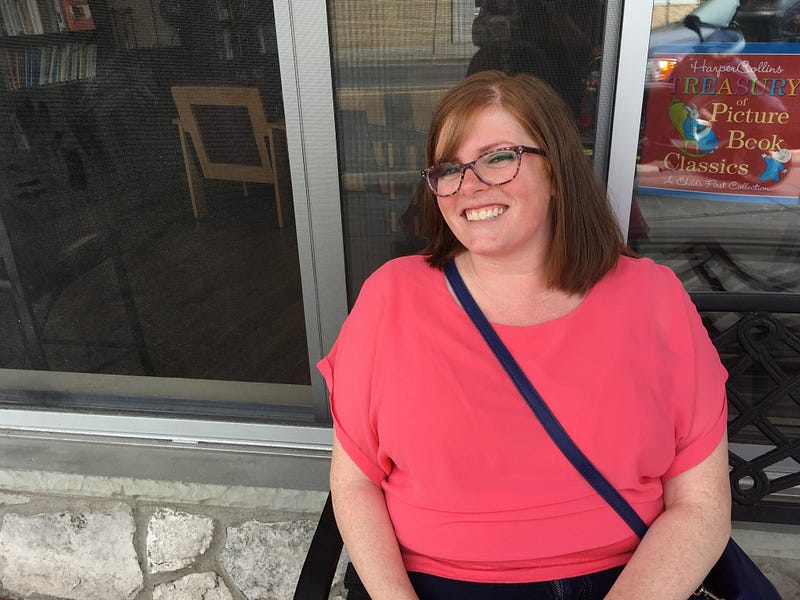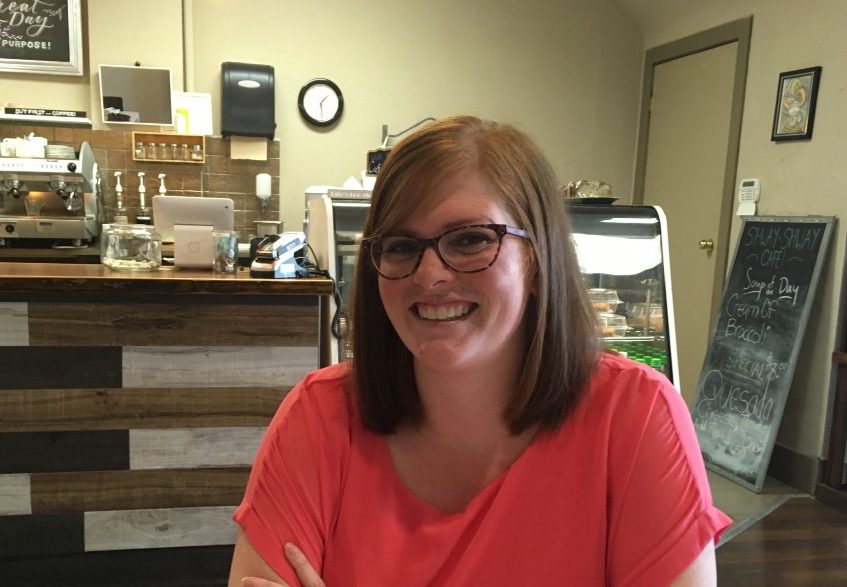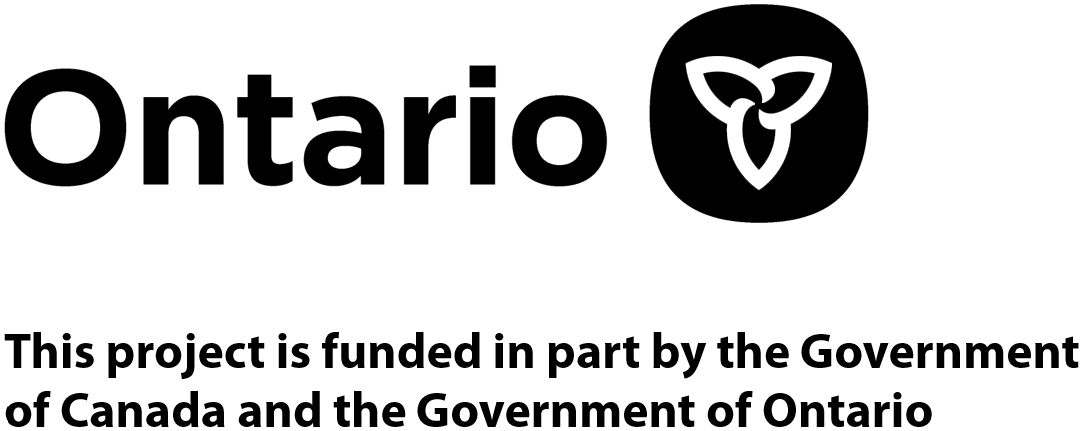Whether you want to build skills, develop a community network, or give back; volunteering is for you. Allison Prieur began volunteering before she knew what volunteering was. Becoming active in her church and Girl Guides at a young age, giving back to the community became part of what she does.
Currently, Allison is on the Board of Directors of Assisted Living Southwestern Ontario (ALSO), a member of Rotary Club of Windsor (1918) and chair of their New Generations Committee, as well as coordinator of student volunteers for Art in the Park.
Allison uses volunteering to give back and compliment her professional life. We spoke to her about her background in charities, being active in the community, and tips for volunteers of all ages:
When did you start volunteering?
What would you consider volunteering? There are so many things I did when I was young that I wouldn’t have thought as being volunteering, but probably were. When I was really young, I started in my church choir and was really involved in my church. At one point, in grade school, I was an alter server, in two choirs, taught children’s liturgy, and a reader. When I look back at it, it was a lot more about the experience of being engaged with people. That’s what a lot of my volunteer experience has been. I was in Guiding growing up as well.
A lot of that stuff you don’t think as being volunteer work, but we were going out cleaning up the park or usher at the Cleary. At the time, it was just a cool experience. In grade school, my friends and I were looking for something to do and went to go volunteer at the hospital. They weren’t things that felt like work.
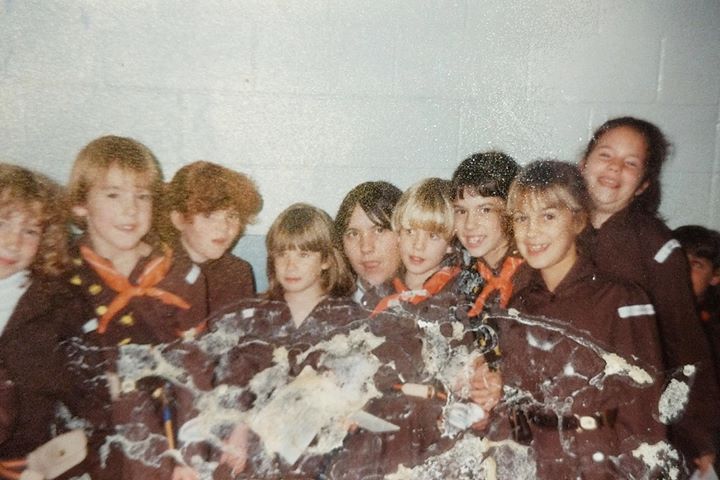
How did that experience inform your career now?
All of those experiences of helping people and being involved, led me to the career of community development and bettering the community. Knowing the value of different community organizations and what they have to offer led me to this career.
You coordinate the student volunteers for Art in the Park. What do you look for in those volunteers?
Commitment, dedication, and being reliable. Being where you said you were going to be. Sometimes, working with students, they’ll ask me for a reference. For volunteers who are reliable, it’s easy to provide you a reference that can help advance your career. When I was young, applying to my first job, all of my references were from volunteer experiences. It’s a way to start to prepare yourself for the career that you want.
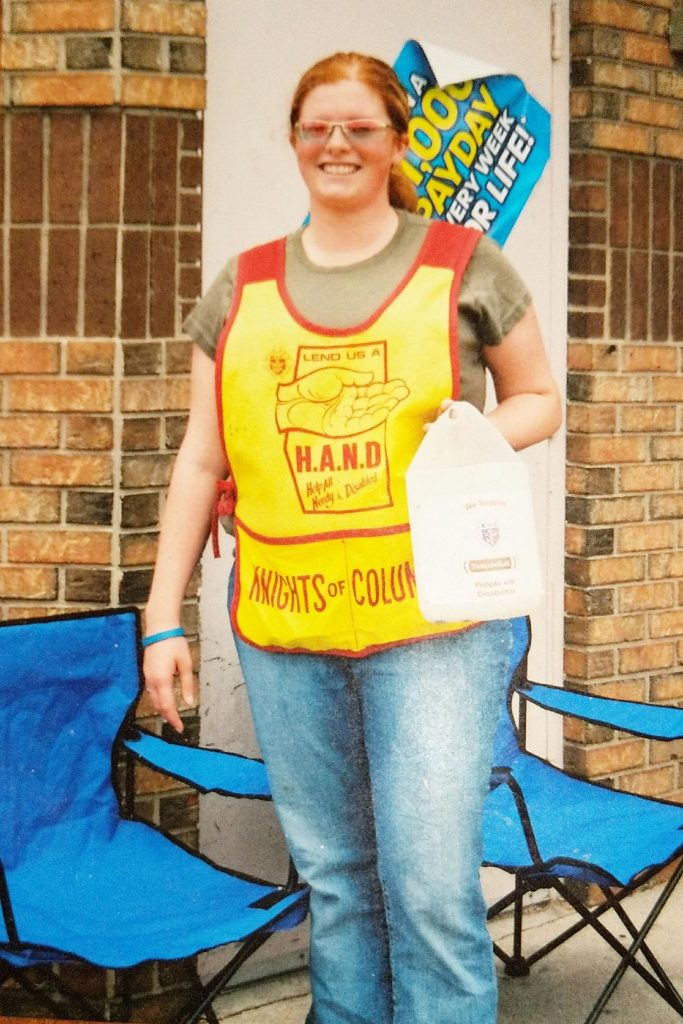
How can you start volunteering while working?
I worked at McDonalds and joined a social committee to plan events. Even that helped me build skills that lead to me where I’m at. Even within your work, you can volunteer to gain certain skills that might be outside of the scope of your job. Going the extra mile will help you get further in your career. It can help you move forward and figure out what you want to do.
Someone once told me that if there is something you’re interested in, even if it’s not at the core of what you’re doing, to always keep a part of it in your life. Volunteering is a great way to do that. Youth services and directly supporting youth is something that’s really cool to me but not directly related to my career. Through volunteering, I’m still able to use the skills from earlier in my career.
What advice would you give to volunteers?
It’s really easy to take on too much, especially when you’re passionate. It’s really easy to agree to do a lot of things. While that’s great and noble, you can burn out. That’s not good for you and doesn’t make you a really good volunteer or worker. Also, it’s easy to drop the ball on something. I’ve done that in the past and it’s not something I’m proud of, but I’ve learned from that experience. You learn as you go. It’s important to be really conscious of how much time you’re actually able to give.
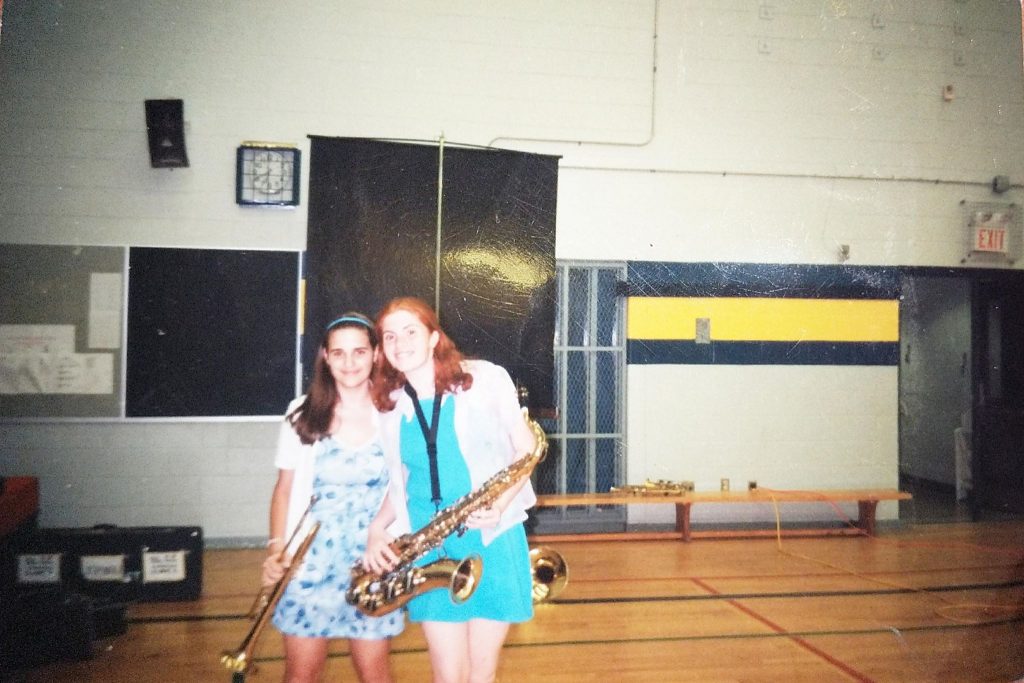
What skills have you learned through volunteering?
Being able to communicate and engage with other people. I can’t think of a career where you don’t need those skills. I’ve been on the phone with IT support people, stuck on the phone for a half an hour, and you need to make conversation. It never hurts to develop communication skills. It helps you to represent yourself when you’re looking for a job.
Volunteering really does help with that time management. That’s a skill you’ll need when you enter into the workforce. I’m a lot better when I’m being asked to take on a new volunteer role or committee to sit back and say, “I’ll let you know in a few weeks.” When I was younger, I would have just said, “absolutely” and then it would have been too much. A lot of us who are community minded do get into that piece. The amount you’re able to give to something fully might be better than the amount of time you’re able to give to five things partially.
Why do you spend your time volunteering?
It’s fun! Clearly, I’m a nerd and have always felt that volunteering was super fun. It’s just part of your life. I didn’t really remember that I volunteered because it’s just part of what I do. Things ebb and flow as your life changes. There has always been some space for volunteering for me.
